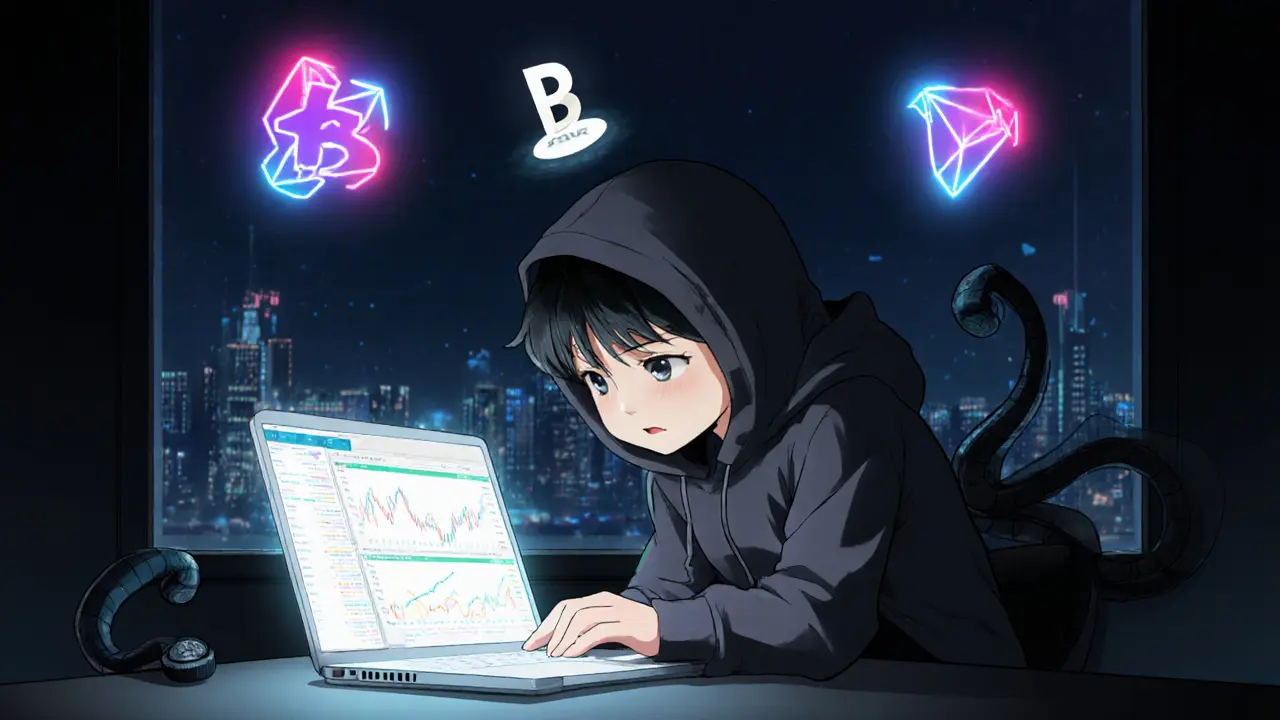Iranian Crypto Trading: How Iranians Bypass Restrictions and Trade Bitcoin P2P
When the Iranian government blocks banks from handling crypto, people don’t stop trading—they switch to P2P crypto platforms, peer-to-peer marketplaces where individuals trade directly without intermediaries. Also known as over-the-counter (OTC) crypto trading, this method lets Iranians buy Bitcoin with local currency through trusted sellers, bypassing financial restrictions entirely. This isn’t theory—it’s daily life for millions. With inflation hitting over 40% and the rial losing value fast, Bitcoin isn’t just an investment. It’s a store of value, a way to protect savings, and sometimes, the only way to send money abroad.
Crypto bans, government actions that prohibit financial institutions from processing crypto transactions. Also known as crypto prohibition laws, they’re common in countries with strict capital controls. But bans don’t stop demand—they just push it underground. In Iran, trading happens through Telegram channels, local payment apps, and face-to-face meetups. Even though the Central Bank warns against it, Iranians still move billions in crypto each year. The same pattern shows up in Binance restricted countries, nations where Binance limits or blocks services due to regulatory pressure. Also known as regulated crypto markets, these places often see a spike in P2P activity because centralized exchanges become unusable. Iran isn’t alone. Turkey, Nigeria, and Egypt have similar stories. But Iran’s scale is unique. With over 15 million crypto users, it’s one of the top markets in the Middle East, even with the risks. People use cash, bank transfers, and even mobile wallet credits to pay sellers. Some trade through escrow services. Others rely on reputation—trusted sellers with years of history. The risks? Scams, price manipulation, and sudden government crackdowns. But for many, the risk of losing savings to inflation is worse.
What you’ll find in the posts below are real-world breakdowns of how people in restricted countries like Iran trade crypto without banks. You’ll see how P2P platforms work, which ones are actually safe, and why some tokens gain traction even when exchanges ban them. You’ll also learn how crypto remittance flows out of Iran into global markets—and why that matters for traders everywhere. This isn’t about speculation. It’s about survival, access, and the quiet revolution happening when finance is locked down.
